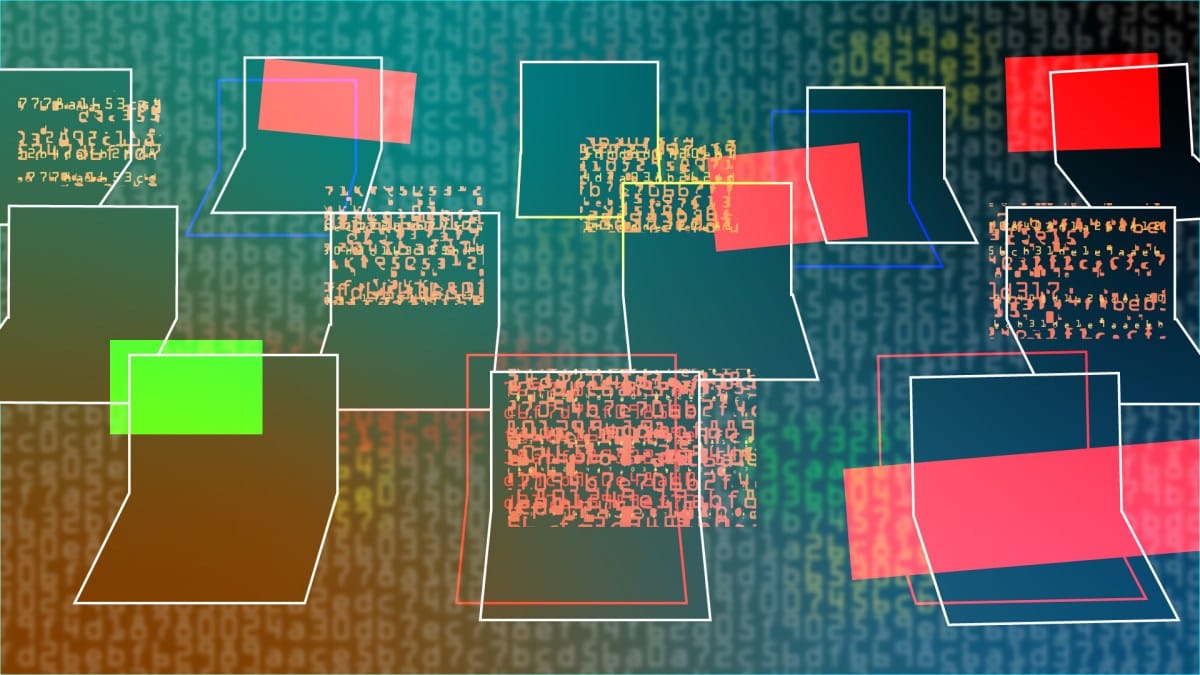Investigating the Recent Data Breaches Involving Snowflake

Cloud data analysis company Snowflake has found itself at the center of a series of alleged data thefts that have left its corporate customers concerned about the security of their cloud data. As a provider for some of the largest global corporations, including banks, healthcare providers, and tech companies, Snowflake plays a crucial role in helping these organizations store and analyze vast amounts of data, such as customer information, in the cloud.
The Cyber Threats Targeting Snowflake Customers
Recently, Australian authorities raised the alarm regarding successful compromises of several companies utilizing Snowflake environments. Although the companies were not specifically named, hackers claimed on a cybercrime forum to have stolen hundreds of millions of customer records from big customers like Santander Bank and Ticketmaster, both of whom are users of the Snowflake platform.
Santander Bank confirmed a breach of a database, but did not disclose the provider hosting the database. Similarly, Live Nation confirmed that its Ticketmaster subsidiary was hacked, with the stolen database being hosted on Snowflake. Snowflake itself admitted to "potentially unauthorized access" to a limited number of customer accounts, primarily related to users with single-factor authentication, making them vulnerable to cyberattacks.
Snowflake's Security Measures and Customer Responsibilities
Despite the critical nature of the data stored by Snowflake for its customers, the company allows each customer to manage the security of their environments. Snowflake does not automatically enforce multi-factor authentication (MFA) for its customers, which has been highlighted as a factor leading to the alleged data breaches. The lack of MFA in some customers' environments made them susceptible to attacks like password theft and reuse by cybercriminals.
Snowflake acknowledged that one of its demo accounts was compromised due to inadequate protection beyond a username and password, although it claimed no sensitive data was contained in the account. The exposure of hundreds of alleged Snowflake customer credentials online indicates a broader risk of account compromises beyond what was initially known, placing valuable data at risk.
Investigating Stolen Credentials and Data Breaches
A source familiar with cybercriminal operations directed attention to a website where stolen credentials, including employee usernames and passwords, were available for potential attackers to exploit. TechCrunch observed over 500 credentials linked to Snowflake environments of companies like Santander, Ticketmaster, pharmaceutical giants, food delivery services, and others. The credentials also pointed to a former Snowflake employee, although no wrongdoing was implied.
Further investigation revealed that stolen credentials had likely originated from employees whose computers were infected with infostealing malware. Several employees referenced their Snowflake access on professional platforms like LinkedIn, confirming their roles in companies affected by the breaches. However, the exact timeframe and extent of the credential exposure remain uncertain.
Snowflake's Response and Considerations for the Future
Snowflake has advised customers to enable MFA to enhance the security of their accounts and prevent unauthorized access. In the context of a shared responsibility model, Snowflake emphasized the importance of customers enforcing MFA with their users. The company is evaluating options for enabling MFA but has not finalized any plans yet.
The recent breaches serve as a stark reminder of the significance of MFA in safeguarding sensitive data stored on cloud platforms like Snowflake. Absence of MFA has led to significant data breaches in various industries, including healthcare and entertainment, highlighting the critical need for robust security measures.
The Consequences of Missing MFA in Data Security
The breach at Ticketmaster involving potentially millions of customer records underscores the repercussions of inadequate security measures. Without MFA, companies like Ticketmaster, 23andMe, and Change Healthcare have fallen victim to cyberattacks resulting in the theft of massive amounts of data. The implications of such breaches extend beyond financial loss to encompass trust and reputational damages for the affected organizations.
Snowflake's current stance on the data breaches raises questions about its approach to security protocols and user accountability. The company and its customers must collaborate to implement robust security measures and prevent future breaches. Strengthening security posture through initiatives like mandatory MFA can mitigate risks and protect valuable data from unauthorized access.
In conclusion, the recent wave of data breaches involving Snowflake serves as a wake-up call for organizations relying on cloud platforms for data storage and analysis. By enhancing security practices, implementing multi-factor authentication, and fostering a culture of cybersecurity awareness, companies can fortify their defenses against evolving cyber threats and safeguard their digital assets effectively.



